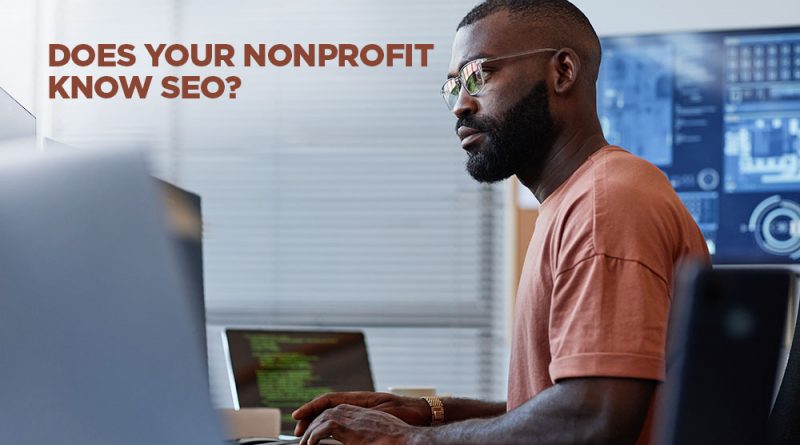Everything Your Nonprofit Should Know About Search Engine Optimization (SEO)
In today’s world, where everything is online and on the go, it is crucial that nonprofits know how to best utilize their platform to gain traction for their cause. When talking about online content, it is very important to mention Search Engine Optimization, better known as SEO.
What Is Search Engine Optimization?
SEO is the process of assuring that one’s website or content has the best possible visibility on search engine result pages. This is different than the notion of paid advertising which uses paid partnerships with search engines such as Google to ensure your web page shows up first (or close to it) in a search. Unlike paid advertising, this technique uses strategies to ensure your nonprofit gets organic traffic without spending money.
To learn more about what actions your nonprofit can take to improve its SEO, one must first understand the three different types of SEOs. These are Technical, On-Page and Off-Page SEOs.
Here is a better look at the difference between these three types of Optimization:
- Technical SEO: This is solely about making sure the back-end of your website is clear of any problems. If problems are in need of repair, you would then work with the software developers to improve your website’s infrastructure.
Examples: Page speed, mobile-friendliness, website security, broken links, etc.
- On-Page SEO: This type of optimization focuses on improving the parts of your website that you can directly control.
Examples: Key phrases, headings, meta descriptions, URLs, image alt attributes, titles, internal and external links, etc.
- Off-Page SEO: This is where you act to improve your website’s visibility through avenues other than your own web page.
Examples: Social media, backlinks from other websites, etc.
What Are the Benefits?
When it comes to SEO, the benefits far outweigh any costs or delays. Good SEO ensures your site is performing at its best. Not only is SEO an inexpensive way to gain more traffic to your website, but it also creates a better user experience for your readers. This is due to the new practices that focus on providing users with relevant and organized content.
SEO can also be beneficial in attracting people to your site when it comes to finding and developing a user base that best aligns with your nonprofit’s values. By utilizing keywords on your site, you can ensure people with similar interests are more apt in the course of their search to see your web page and go to view your page. In addition, a stronger SEO will allow your website to rank higher than its competitors and give the site more credibility.
Faux Pas to Avoid
As your nonprofit begins making improvements in this area, it is important to note some common mistakes. Some of the most common mistakes to avoid include:
- ‘Keyword-stuffing’ or using a keyword too often throughout a post
- Overuse of popular keywords that will get lost in searches with other websites that use the same keyword
- The use of low-quality links. This includes links that don’t relate to the topic of your article or broken links with errors in them.
Now that your organization has a guide to SEO, we wish you luck as you venture into the world of online marketing. Just remember to be patient. Perfecting your SEO can take time, but it will be well worth it!
GrantNews Notes
With close to 8,000 grants currently available, GrantWatch.com is the leading grant listing directory. A MemberPlus+ subscription is required to view the full grant details, including eligibility criteria and application information. For more information, you can also visit the GrantWatch FAQ page.

